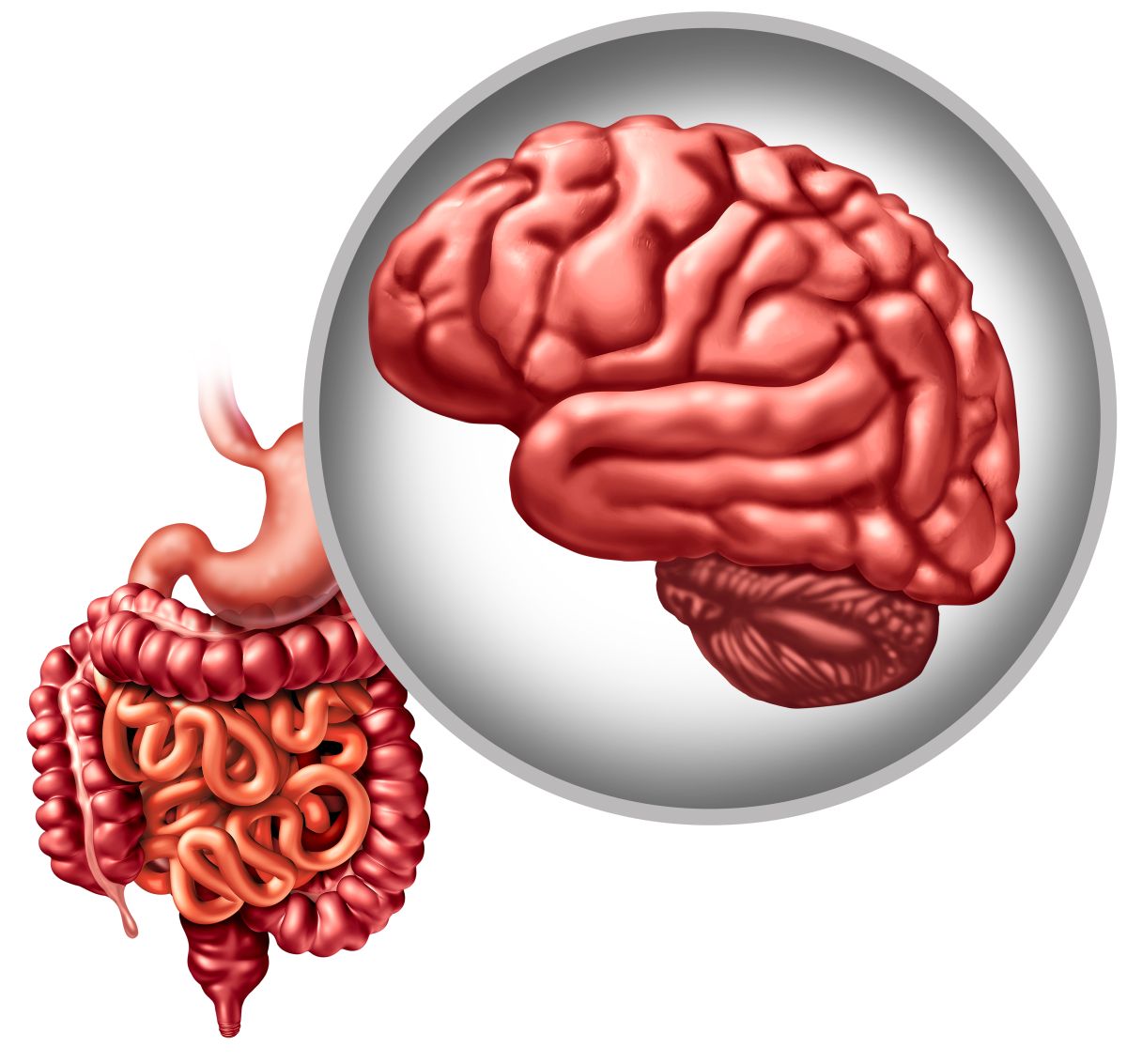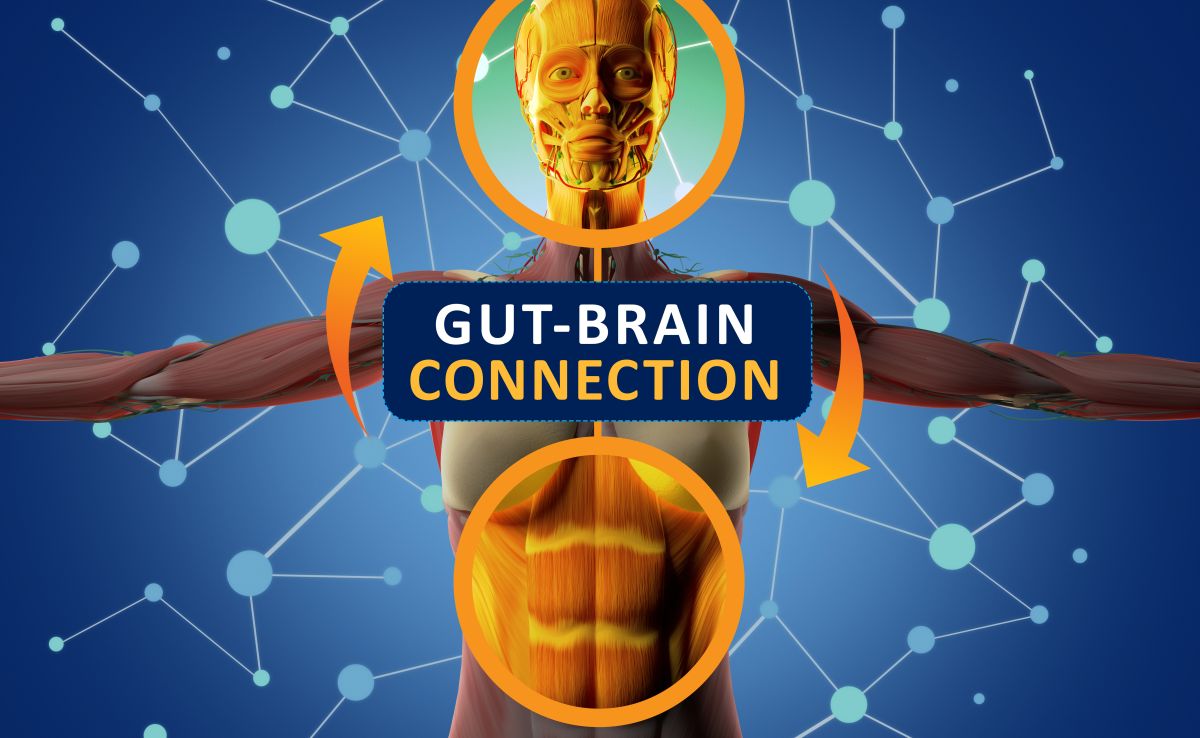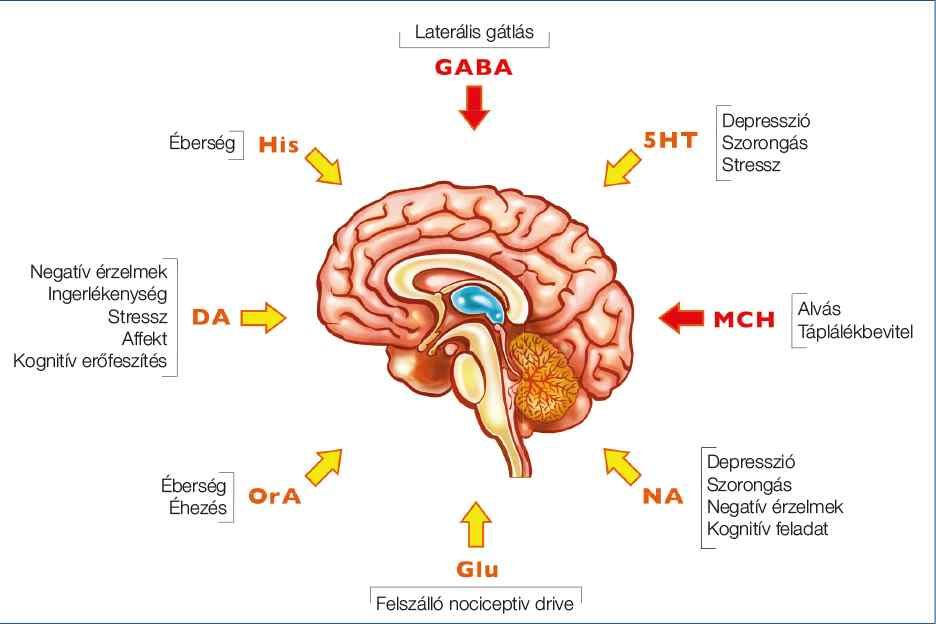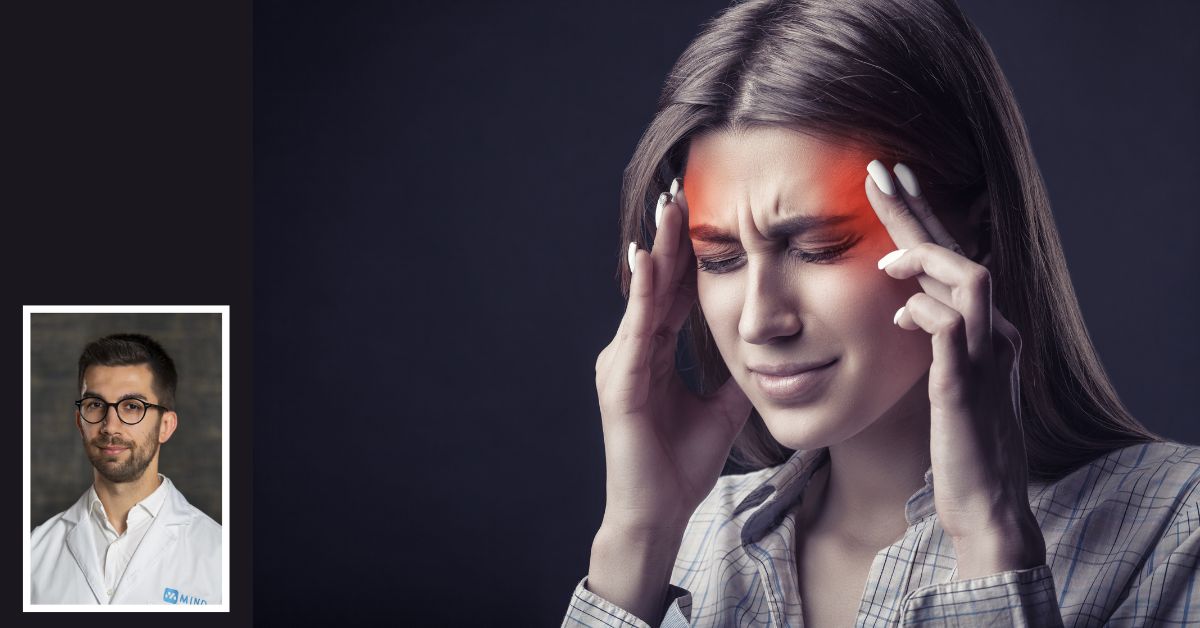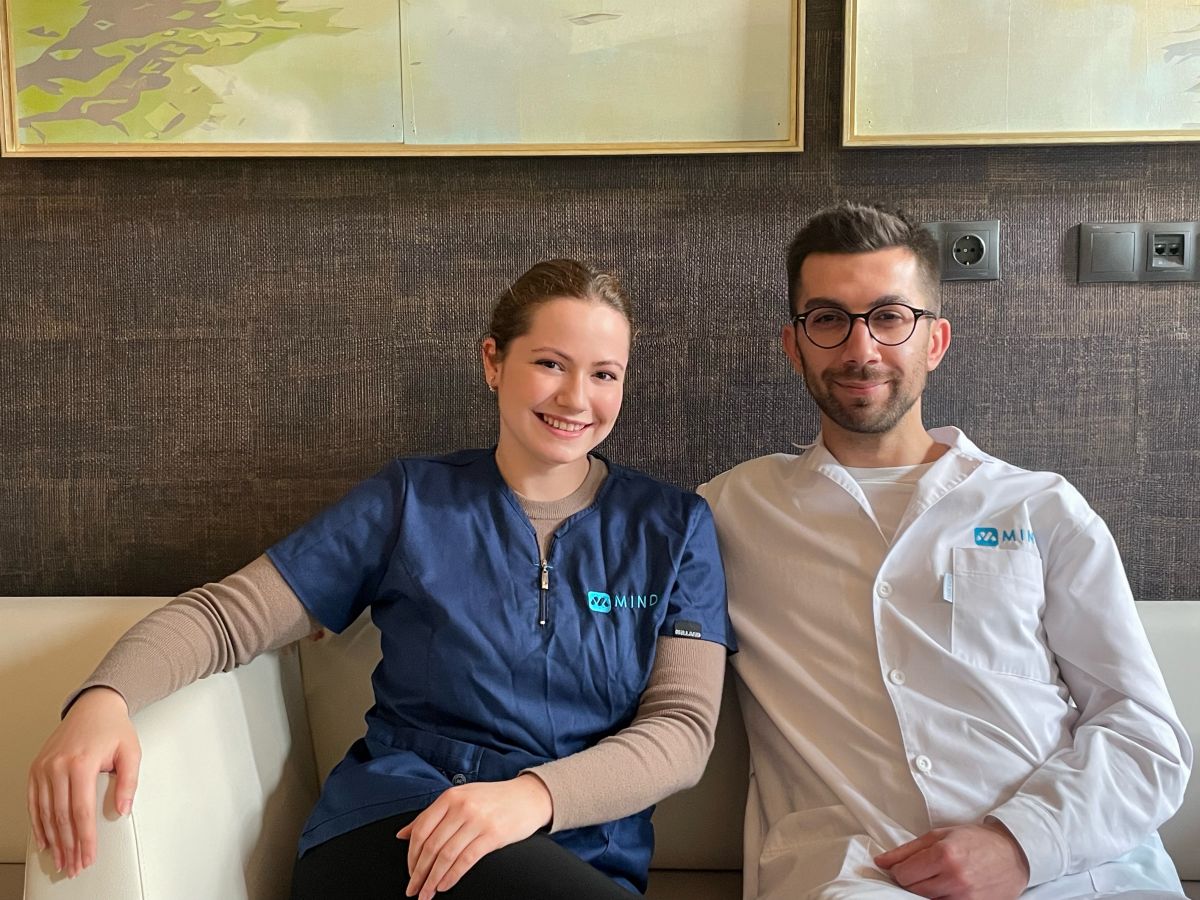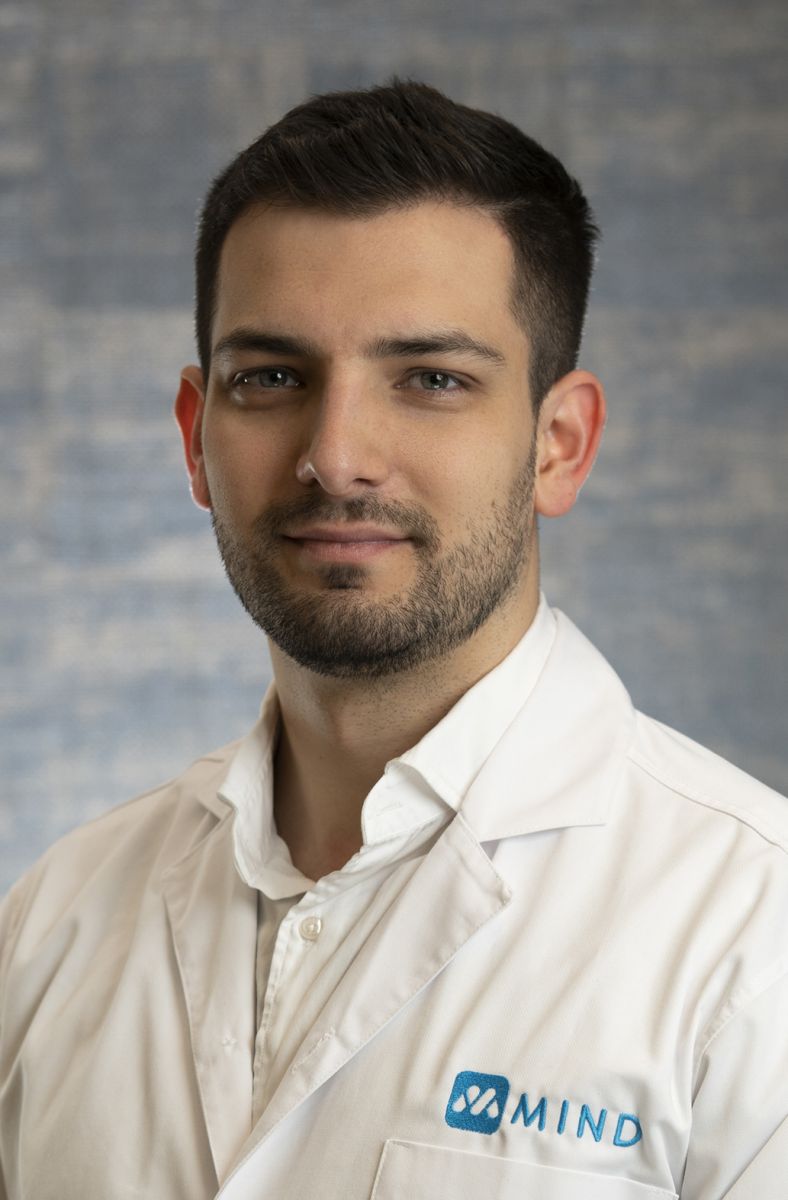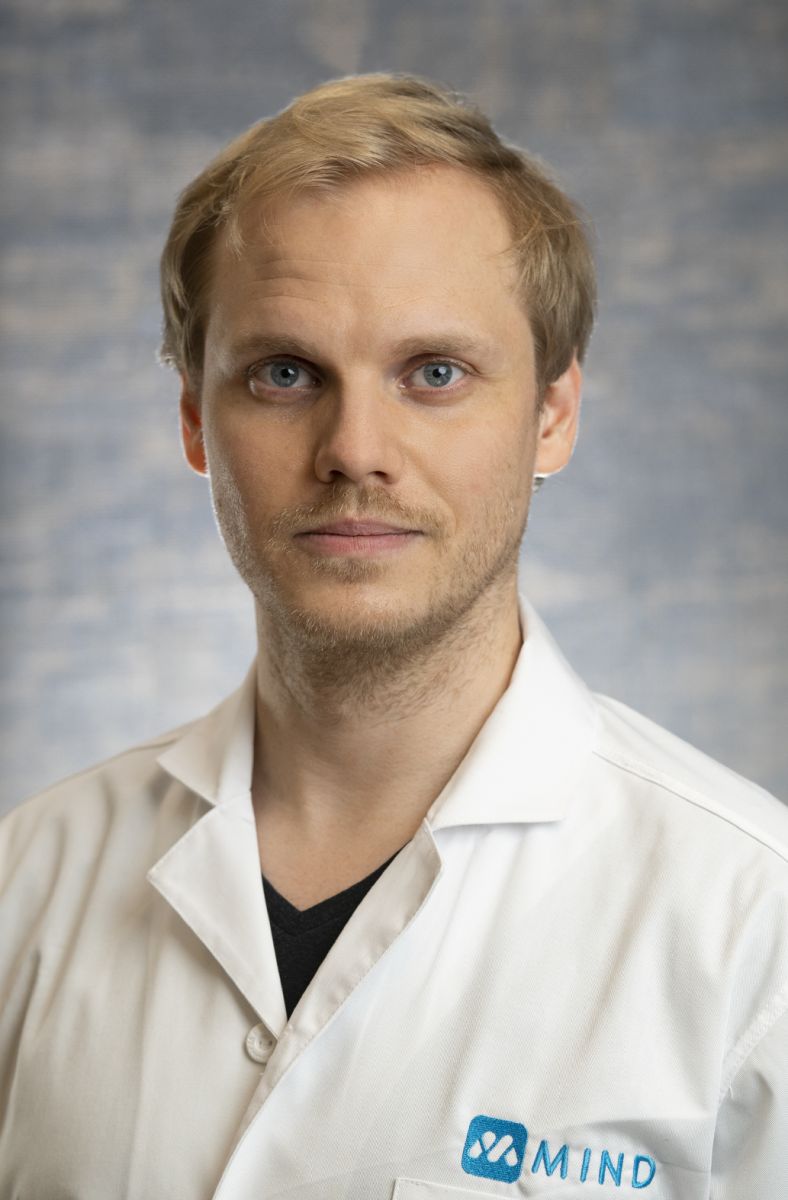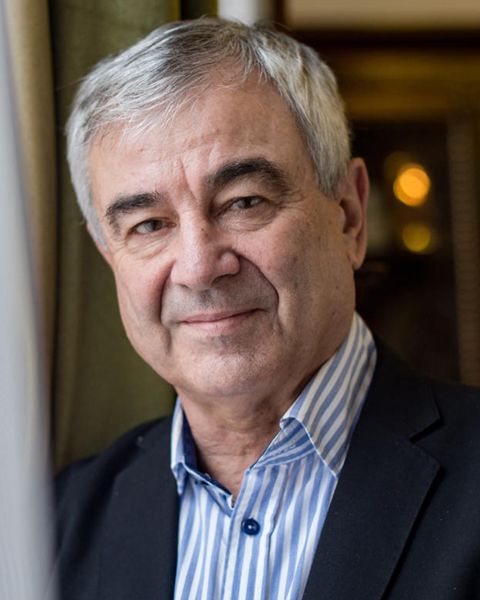The question of why stress-induced tension in the shoulder girdle can escalate into a condition causing severe incapacity for work, malaise, and even nausea and vomiting lasting for days can be explained by thalamic regulation and its overload. Accordingly, the primary focus of causal preventive treatment is the identification and elimination of the factors often inflammatory that lead to 'thalamic fatigue.' In clinical practice, disturbances of the gut microbiome and related pathogenic factors are at the top of this list.
The following video is recommended for professionals: in it, Prof. Dr. Rami Burstein, head of the Headache Research Center at Harvard University, discusses the pathophysiology of headaches.
